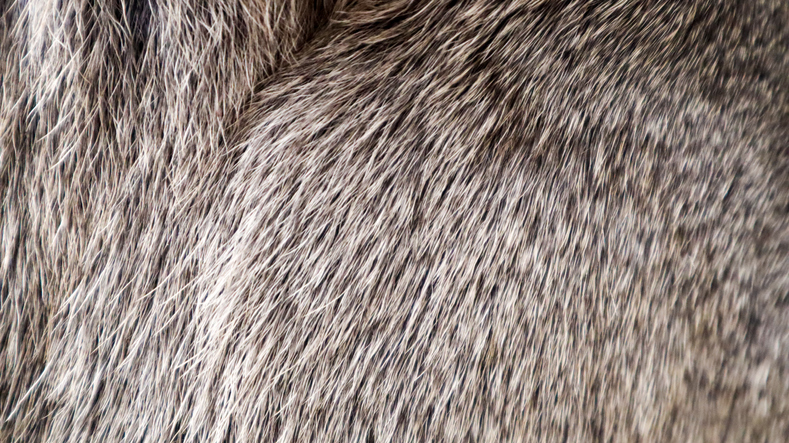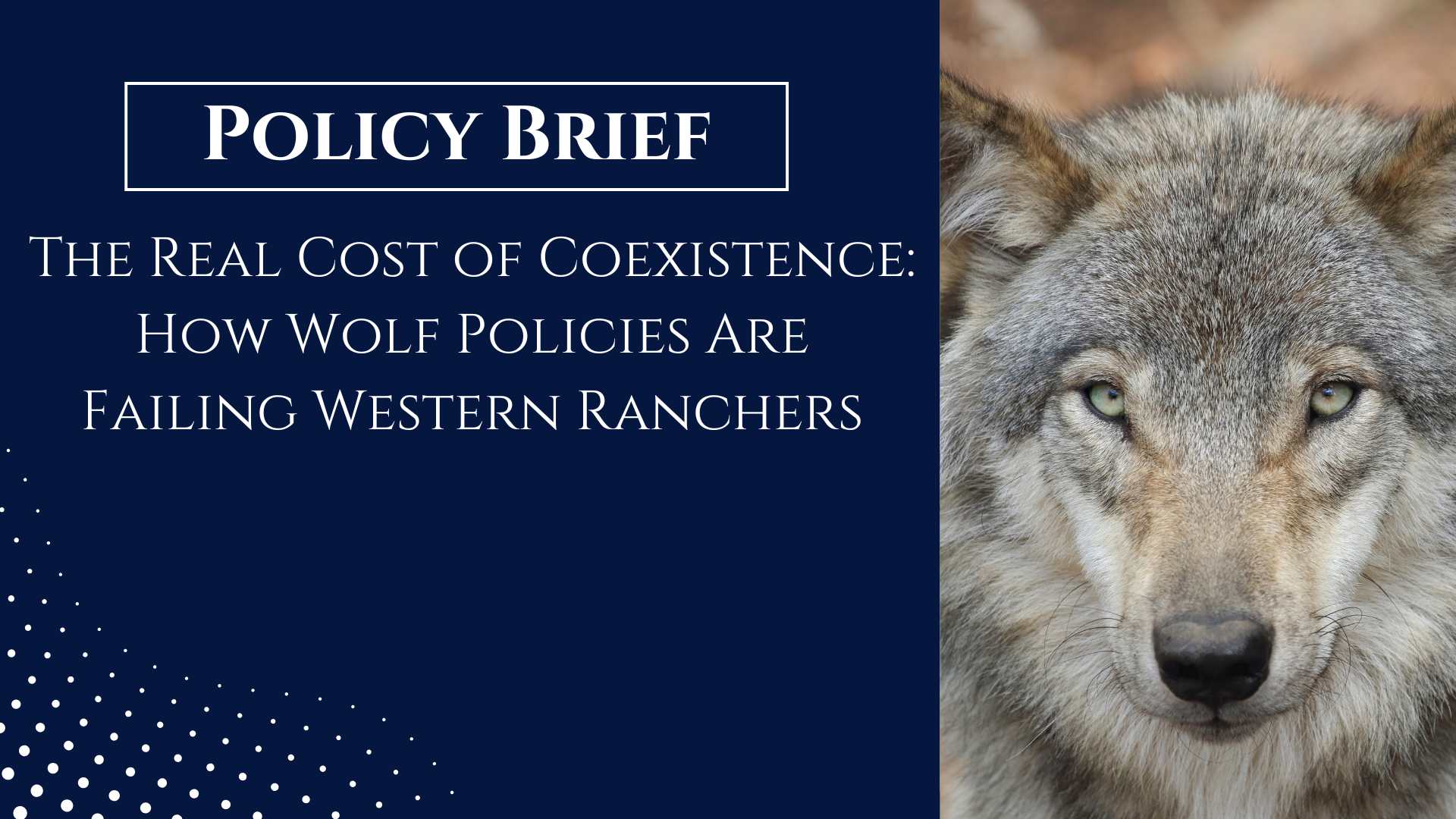When I was in my late teens and early 20s, tolerance was important. If people disagreed with each other, it was seen as opportunity to learn, not a time to create an enemy.
We now live in an era of identity politics when anyone who is in opposition to your identity is automatically viewed as a villain.
HB 1718 casts the few fur producers left in our state as villains who make a living killing animals for luxury items. The bill lists false information, including the claim there is no state or federal regulation of fur production, and activist rhetoric to force fur producers out of their livelihoods because of a moral judgement.
Fur was once ubiquitous for cold weather clothing because of its unique insulating properties. Unlike synthetic materials, fur creates a barrier between the wearer and wind or cold preventing penetration of the cold air. Additionally, the dual layer of fur makes it warmer while maintaining a lightweight wearability.
So, while fur is as useful as its cousins in consumerism – leather, down feathers – because of its negative association with being a luxury item reserved for the rich, it has become a target.
If bills targeting animal products out of a sense of righteous indignation become the norm in our state, what is next?
One could argue that some shoes are a luxury item, especially those made of leather. Yet, they are also a mark of professionalism amongst our legislators; not to mention wallets, briefcases, handbags, and a myriad of other products. The animal that contributed to their construction and design is no less dead than the animals contributing to fur production but there is no bill banning the use of leather goods.
Down pillows and comforters are sources of comfort and warmth in bedding. Yet, the geese and ducks whose down feathers were used to make those items were also harvested for those products and there is no bill proposing a ban on the use of down feathers.
What HB 1718 does not acknowledge is fur production is a highly regulated industry both in Washington state and elsewhere. Breeders’ associations set standards for animal husbandry, nutrition, housing, veterinary care, and humane harvesting of animals. In the United States, all the standards set by breeders’ associations are enforced by Fur Commission USA. Those standards include ensuring animals are treated with care.
While fur producing animals are, of course, primarily raised for their pelts, other parts of the animal are used post-harvest to enrich the agricultural food chain. Mink oil, made from the fat of the animals, is used as a conditioner and preserver of leather goods as well as in hypoallergenic makeup and facial oils. The meat and internal organs are processed into crab bait or used as feedstuffs at wildlife preserves, zoos, and aquariums. Finally, the manure generated on fur farms is a key ingredient in organic compost used in organic food production.
While there is a great deal of language in the bill about how detrimental fur production is to animals and the environment, HB 1718 is about pointing a morality finger at a small minority of producers in our state who are trying to make a living. Rather than finger pointing and identity politics, we would be better off abandoning that point of view in favor of choosing the tolerance and learning approach that was once the hallmark of our citizenry.





